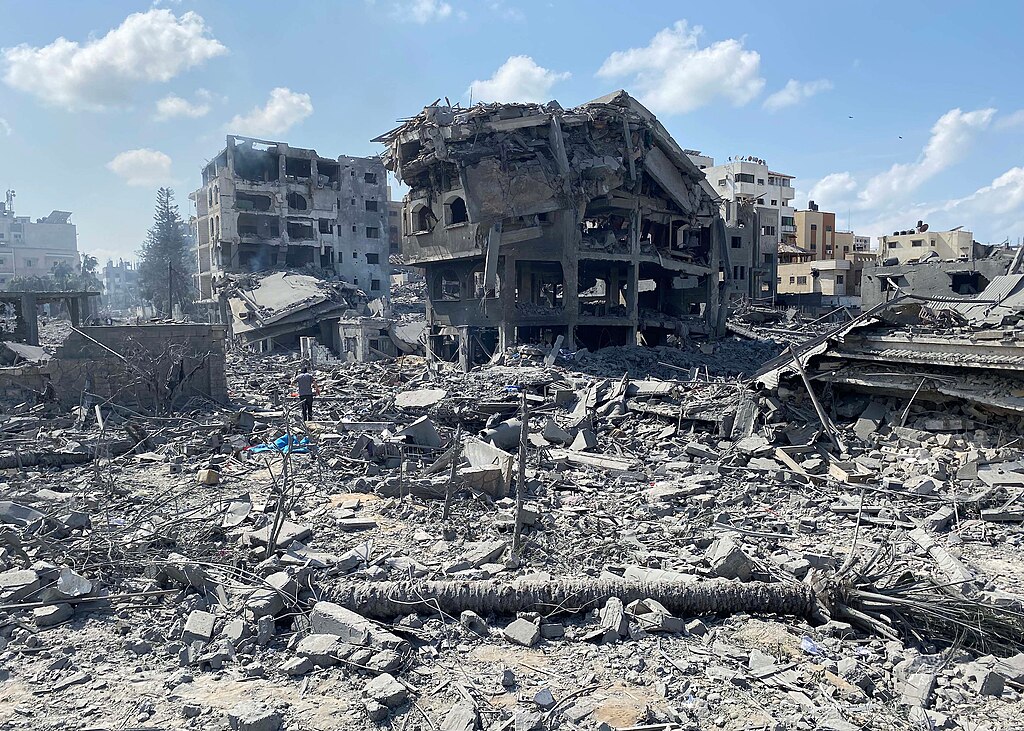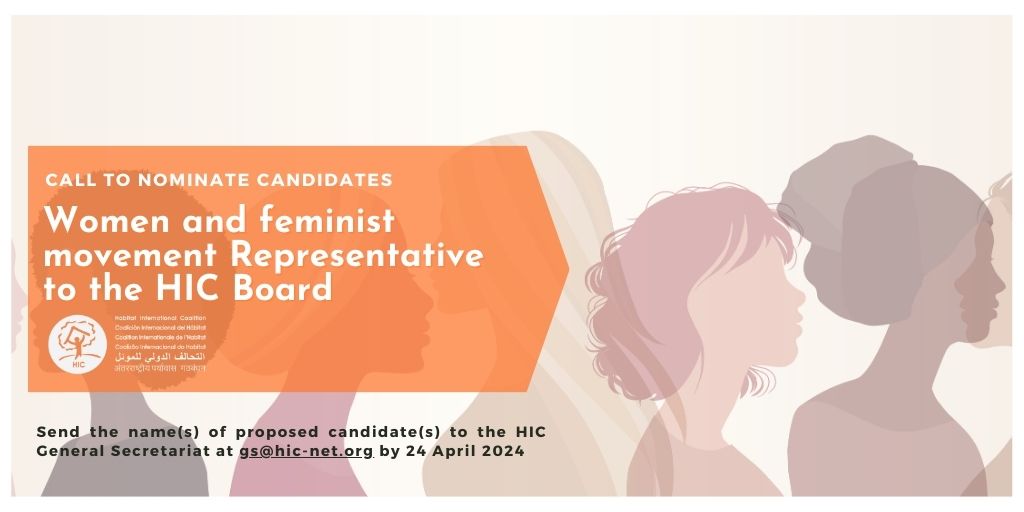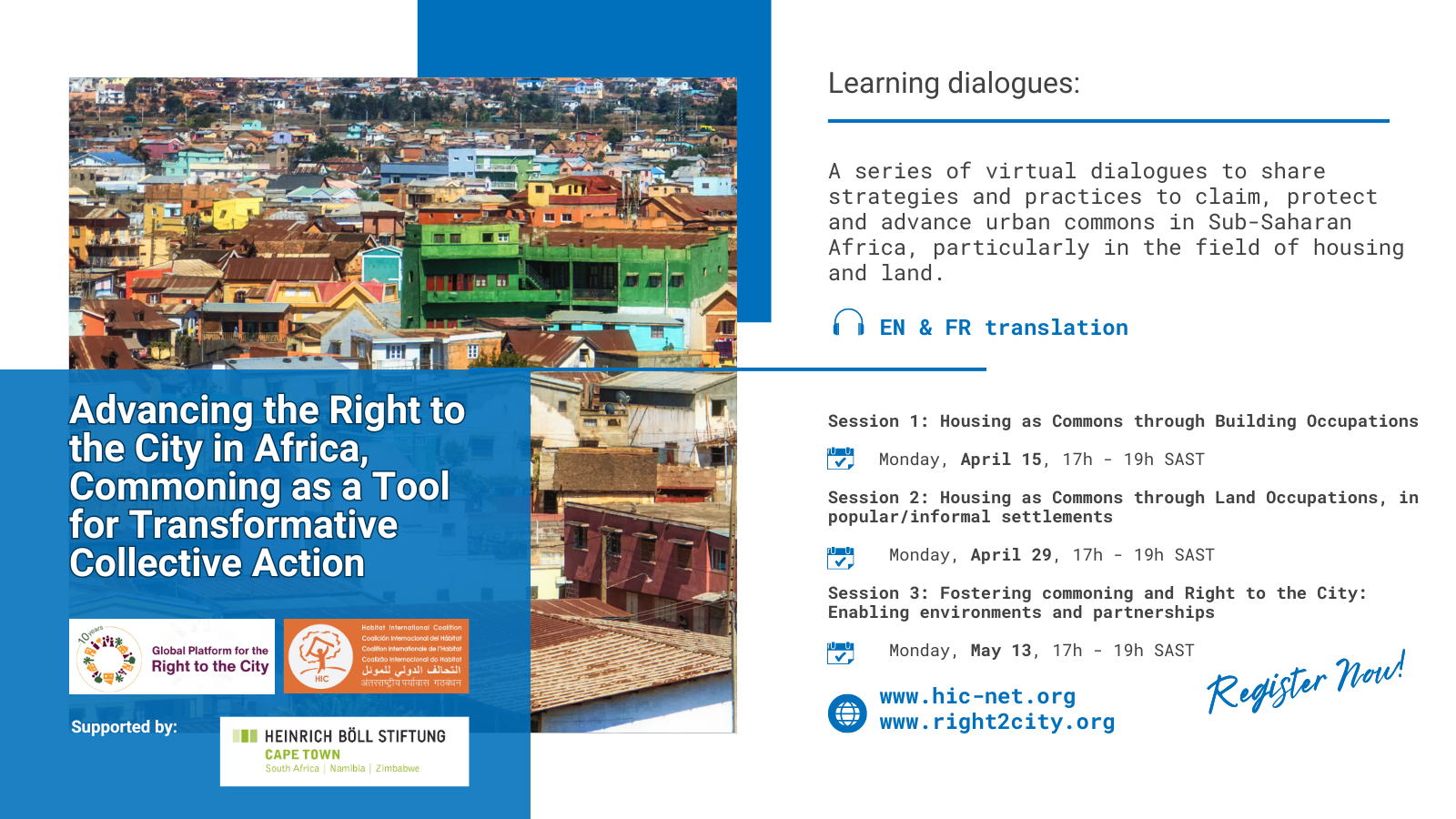Since the second half of the 1970s, and in particular since the first major world conference on water (organized in 1977 by the United Nations at Mar del Plata, Argentina), world leaders have been aware of the scale of the problems concerning access to water of sufficient quantity and quality, and of the risks associated with growing shortages and degradation of the supply. The Mar del Plata conference set out the basic facts and made water one of the top issues on the international political agenda. And yet the ‘water crisis’ has continued to worsen. One and a half billion people across the world lack drinking water and another two billion lack clean water generally. In 20 years’ time these numbers will have doubled. Agricultural and industrial pollution is degrading the quality of fresh water supplies everywhere. Yet the biggest threat to universal access to clean water and adequate sanitation is not mother nature but corporate globalization. Privatization of water is being aggressively exported to the developing world under the rubric of poverty reduction and debt relief strategies, free trade and economic development. In this context, civil society demands that access to drinking water be recognized as a universal human right, in order to ensure that everyone can benefit from water resources. At the same time, it raises its voice against leaving water exploitation in the hands of private corporations whose only concern is making a profit from such services. For the various civil society movements, the issue of basic services covers a wide range of subject areas, such as accountability and transparency of international government bodies, human rights, poverty alleviation, democratization, national sovereignty, gender equality, debt reduction and cancellation, and environmental protection. The water issue is, in this sense, key to guaranteeing the future of humanity.
Codiciar tierras, atacar hogares, refugios y personas que buscan cobijo: La razón de ser de Israel, su doctrina militar y su práctica constante
Imagen Palestinian News & Information Agency (Wafa) in contract with APAimages, CC BY-SA 3.0, via Wikimedia Commons Texto escrito por Joseph Schechla, HLRN Los ataques de Israel contra hogares, refugios [...]


